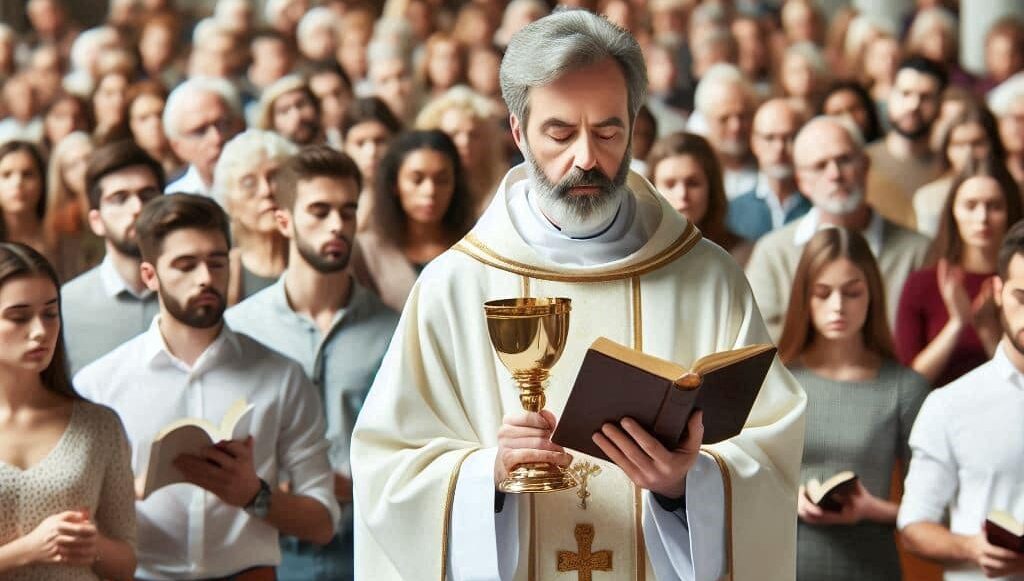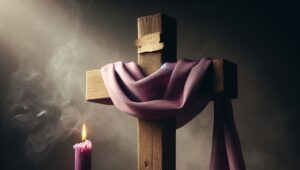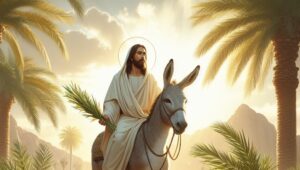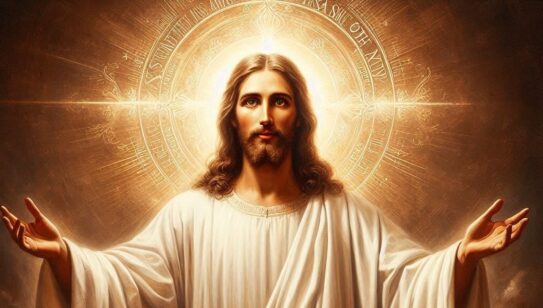Celebrating the faith is a deeply enriching and spiritual experience that connects individuals to a history of traditions, beliefs, and communal activities. Understanding and participating in these religious practices not only brings Catholics closer to God but also fosters a sense of belonging within the larger Catholic community.
What is the meaning of the faith?
The faith is rooted in the belief in one God who reveals Himself through the Holy Trinity—Father, Son, and Holy Spirit. Catholics follow the teachings of Jesus Christ as depicted in the Bible and upheld by the Church’s Magisterium. Faith in the Catholic Church is essential for understanding one’s purpose and for guiding moral and ethical decisions.
The Catholic Church’s traditions, such as the Sacraments, play a vital role in nurturing this faith. Through these rites, Catholics experience the grace of God in a tangible way, reinforcing their commitment to living out the Gospel. Celebrating sacraments in the Catholic faith is not just a ritual but a profound expression of belief and devotion.
Furthermore, the Nicene Creed summarizes the core beliefs that define Catholicism. It is a statement of faith that outlines the Church’s fundamental teachings, including the divinity of Jesus, the role of the Church, and the resurrection of the dead, providing a unifying foundation for all Catholics.
How do Catholics celebrate their faith?
Catholics express their faith through various forms of worship and celebration. Mass is the central act of worship, where the community gathers to hear the Word of God and participate in the Eucharist. This sacramental celebration is both a thanksgiving and a memorial of Jesus’ sacrifice.
Outside of the Mass, Catholics engage in personal and communal prayers, devotions to saints, and pilgrimages to holy sites. We celebrate the Catholic faith together also during liturgical seasons like Advent, Lent, and Easter, which offer special opportunities for reflection, penance, and renewal.
Another aspect is the involvement in Church activities and ministries that serve the community and the needy. These acts of service are considered a living testament to the faith and an embodiment of Christ’s love for all.
At home, families may also observe religious practices such as praying the Rosary, reading scripture, and celebrating feast days, which help to instill the faith in daily life and strengthen the family unit.
What are the characteristics of Catholic faith?
The Catholic faith is characterized by a rich sacramental life, a hierarchical structure of leadership, and a comprehensive body of doctrine. The seven sacraments—Baptism, Confirmation, Eucharist, Penance, Anointing of the Sick, Holy Orders, and Matrimony—are considered essential for spiritual health and growth.
Traditions of the Catholic faith we embrace are evident in the emphasis on social justice, the dignity of life, and the importance of the family. These characteristics are often counter-cultural, calling Catholics to be witnesses to God’s love and justice in the world.
Another defining feature is the veneration of Mary and the saints, who are seen as models of holiness and intercessors before God. Their lives and stories inspire Catholics to strive for greater faith and virtue.
What are the Catholic days of obligation?
The Catholic Church designates certain days as Holy Days of Obligation, requiring Catholics to attend Mass and refrain from unnecessary work. These days are set aside to honor significant events in the life of Jesus, Mary, and the saints. Understanding the significance of Holy Days is crucial for appreciating their value beyond mere obligation.
- All Saints’ Day (November 1) celebrates all the saints in heaven.
- The Immaculate Conception (December 8) honors Mary’s conception without original sin.
- Christmas (December 25) commemorates the birth of Jesus.
- The Assumption of Mary (August 15) celebrates Mary’s being taken into heaven.
- Other days include the Ascension of Jesus and the Solemnity of Mary, Mother of God.
These days provide a rhythm to the liturgical year and deepen the spiritual life of believers through reflection and community celebration.
What does it mean to be Catholic today?
Being Catholic today means engaging with a global faith community that is both ancient and ever-new. It involves embracing a faith that is rich in traditions and teachings while also navigating the challenges of contemporary society.
Catholics are called to be witnesses to their faith in every aspect of life, from the way they conduct themselves professionally and personally, to their involvement in social and political issues. This witness is a testament to the relevance of the Gospel in the modern world.
Moreover, Catholics today are encouraged to be informed about their faith, to be able to articulate it to others and to defend it when necessary. The Catechism of the Catholic Church and other educational resources provide a framework for deepening understanding and practice.
What are the major Catholic holy days?
The major Catholic Holy Days are central to the liturgical life of the Church. In addition to the previously mentioned Days of Obligation, there are also significant feasts and solemnities such as:
- Easter Sunday, celebrating the Resurrection of Jesus.
- Pentecost, marking the descent of the Holy Spirit upon the apostles.
- The Feast of Corpus Christi, which honors the Real Presence of Jesus in the Eucharist.
These days are marked by special liturgies, music, and often processions or other communal activities that highlight the joy and solemnity of the occasion.
What is the central celebration of the Catholic faith called?
The central celebration of the Catholic faith is the Mass, also known as the Eucharist or Holy Communion. It is the source and summit of Catholic worship, where the Paschal mystery of Jesus’ death and resurrection is made present.
The Eucharist is a sacrificial meal that unites the faithful with Christ and with one another, forming the Church into the Body of Christ. It is a profound mystery of faith that Catholics believe to be the true Body and Blood of Jesus Christ under the appearances of bread and wine.
Related queries on celebrating the faith
How do Catholics celebrate their faith?
Catholics celebrate their faith through regular participation in Mass, observance of feast days, and personal devotions. They also express their faith through acts of service and charity, contributing to the life of the parish and the wider community.
Additionally, Catholics partake in the Sacraments, which are visible signs of God’s grace and action in their lives. These celebrations are communal, involving family, friends, and the larger Church.
What is the celebration of Catholic?
The celebration of Catholicism involves the observance of liturgical seasons and feast days that commemorate the life of Jesus, the saints, and the mysteries of faith.
It is a continuous cycle of remembrance, reflection, and rejoicing that moves the faithful through the story of salvation history and anchors them in their spiritual journey.
What is the central celebration of the Catholic faith called?
The central celebration of the Catholic faith is the Mass or the Eucharist. This liturgical act is a re-presentation of Christ’s sacrifice on the cross and a celebration of His Resurrection, where Catholics receive Jesus sacramentally.
What is special about the Catholic faith?
What sets the Catholic faith apart is its apostolic foundation, sacramental economy, and its universal (catholic) mission. It possesses a rich heritage of doctrine, art, culture, and philosophy, and offers a comprehensive worldview informed by faith and reason.
The special character of the Catholic faith also lies in the belief in the communion of saints, the redemptive value of suffering, and the hope of eternal life.
As part of our exploration of how We celebrate the Catholic faith, let’s take a moment to watch a video that captures the essence of Catholic worship and devotion:
To sum up, the Catholic faith is a living, breathing tradition that encompasses a rich tapestry of beliefs, rituals, and moral teachings. It calls its adherents to a life of faith, hope, and love, celebrated through the sacraments, and lived out in the service of God and neighbor. Whether it’s through the solemnity of the Mass, the festivity of Holy Days, or the quiet moments of personal prayer, Catholics around the world continue to bear witness to the enduring power and beauty of their faith.







